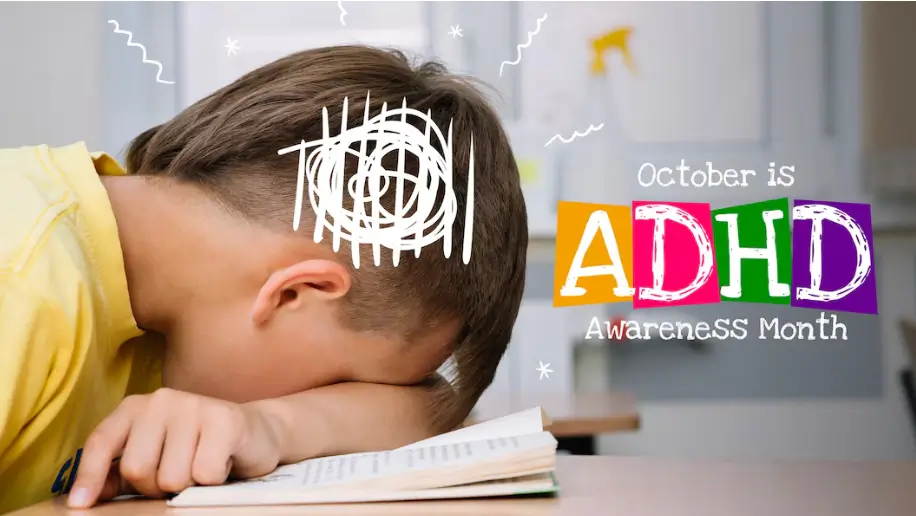It is quite common to experience co-occurring disorders or dual diagnosis when you are already suffering from a substance use disorder. While undergoing inpatient treatment at a drug rehab in Arkansas or any other area, it is important to talk to your healthcare provider about your mental health and address the conditions simultaneously.
What Is Dual Diagnosis?
Dual diagnosis refers to a condition where a person experiences both a mental health disorder and substance use disorder simultaneously.
How Common Is Dual Diagnosis?
Studies suggest that dual diagnosis or co-occurring disorders are quite common. In 2021, an estimated 19.4 million adults in the US were diagnosed with co-occurring disorders. This is more common among young adults aged between 18 and 25.

What Are the Major Causes of Dual Diagnosis?
Mental health and addiction experts agree that biology plays a major role in developing dual diagnosis in individuals. However, other factors also influence a person’s decision to try drugs and other substances or develop a mental health disorder.
How Is Dual Diagnosis Diagnosed?
It is important to note that dual diagnosis is not a diagnosis but a combination of diagnoses. Healthcare providers often find it difficult to accurately diagnose such conditions as the symptoms of both disorders usually overlap.
How Is Dual Diagnosis Treated in a Drug Rehab?
The treatment for dual diagnosis focuses on treating both conditions at the same time. You will have to work with your healthcare provider to understand how each disorder impacts the other. This will help determine which treatment will be appropriate for you.
For most people, the treatment starts with detoxification and for those seeking a serene and exclusive environment for their recovery journey, a luxury drug rehab center in Malibu can offer a transformative experience.
During inpatient detox, medical professionals monitor the individual round the clock for up to a week. Based on how an individual’s health is responding to the detox, the healthcare providers may suggest a combination of behavioral therapy, medication, in-patient care, and/or support groups.
Wrapping Up
With dual diagnosis, you cannot really focus on treating just one condition. Even if you try the most effective ways to treat a substance use disorder, the untreated mental health condition can cause a relapse very soon.




